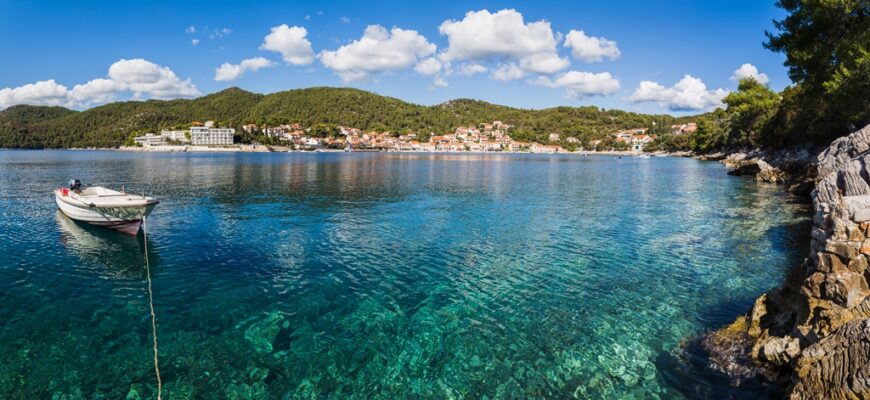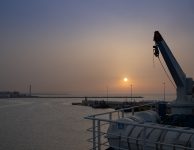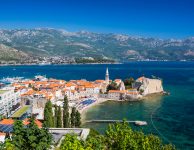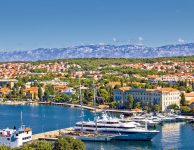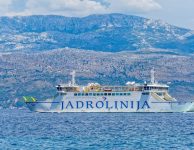29 European islands publish energy transition strategies
Following the first two years of the EU Clean Energy Secretariat‘s initiative, 29 European islands form part of a growing community of islands actively working on the energy transition in the European Union.
22 European islands have announced their clean energy transition programs, thus taking a firm step towards decarbonising their energy systems with a special focus on citizen involvement. An additional 7 EU islands will announce their programs in the near future.
Three Croatian islands were included – Hvar Archipelago, Brac and Korcula, together with A Ilha de Arousa (Spain), Cape Clear (Ireland), Halki (Greece), Ibiza (Spain), Kasos and Symi (Greece), Kökar (Finland) ), Menorca (Spain), Pantelleria (Italy), Ouessant, Molène and Île de Sein (France) and Eigg, Muck, Rum, Canna, Fair Isle, Foula and the Knoydart Peninsula (Scotland). They all have developed a transition plan adapted over the past nine months, adjusted to the individual needs and resources.
Most of these islands were pioneer islands selected in February 2019 in a competition by the Secretariat for Clean Energy of the EU Islands, an initiative of the European Commission.
An additional 7 islands currently in the process of final approval to announce their transition plans soon are Azores (Portugal), Mallorca (Spain), Marie-Galante (France), Belle-Île, Hoedic and Houat (France) and Crete Greece). They will be available on the website when they are ready.
The official announcement of the strategies will take place during the Island Clean Energy for the EU Islands Forum when decision-makers and representatives of the EU island community come together to discuss the future of the European Islands.
These energy transition strategies are proof of hard work and productive cooperation among islanders, both within their communities and between countries. It was truly inspiring to see what is possible when local people have the power and support to write their own future. We look forward to continuing to work with the EU’s island communities to make the European Green Agreement a reality, both through this initiative and through other EU actions to support the local energy transition
Kadri Simson, EU Energy Commissioner
We highlight the published transition agendas of our islands:
- Brac wants to become energy independent by 2030 in order to provide its residents and visitors with a healthy environment for living and vacation. It plans to do so by increasing energy efficiency, installing renewable energy sources, arranging and improving public transport and building a waste management centre.
- The Hvar archipelago plans to be energy self-sufficient by 2035 and this transition should ensure the proactive involvement of islanders and energy communities.
- Korcula wants to become carbon neutral by 2050 and become a green island where the community is guided by the principles of caring for people, caring for the environment, preserving the common good and resources.
About the Clean Energy for EU Islands initiative
As part of the EU’s “Clean Energy for All Europeans” package, the “Clean Energy for EU Islands” initiative provides a long-term framework that helps islands generate their own sustainable, more affordable energy. The Clean Energy Initiative for EU Islands was launched in May 2017 in Malta, when the European Commission and 14 EU countries (Croatia, Cyprus, Denmark, Estonia, Finland, France, Germany, Greece, Ireland, Italy, Malta, Portugal, Spain, and Sweden) signed a Political Declaration on the decarbonisation of EU islands.
The EU Island Clean Energy Secretariat provides comprehensive guidance to islands on how to initiate and improve clean energy transition in the form of stakeholder participation methodology, support in the preparation of transition programs, capacity building, technical support in project and financial plan development, and networking and community-building opportunities.
Source: Otoci.eu


